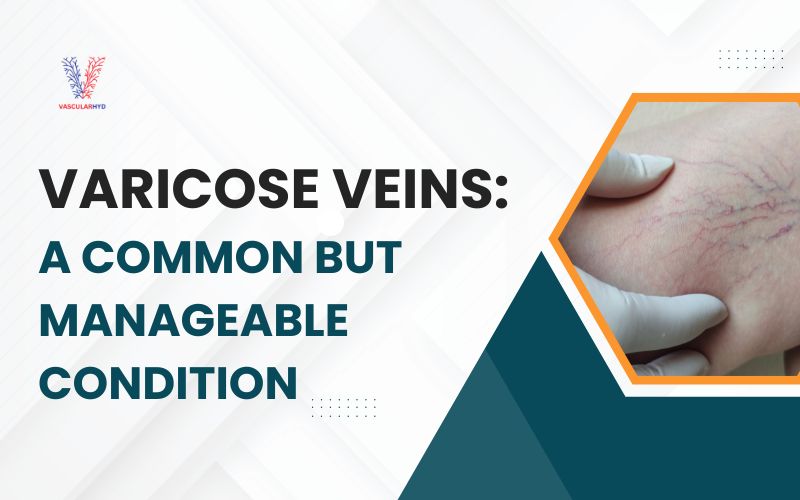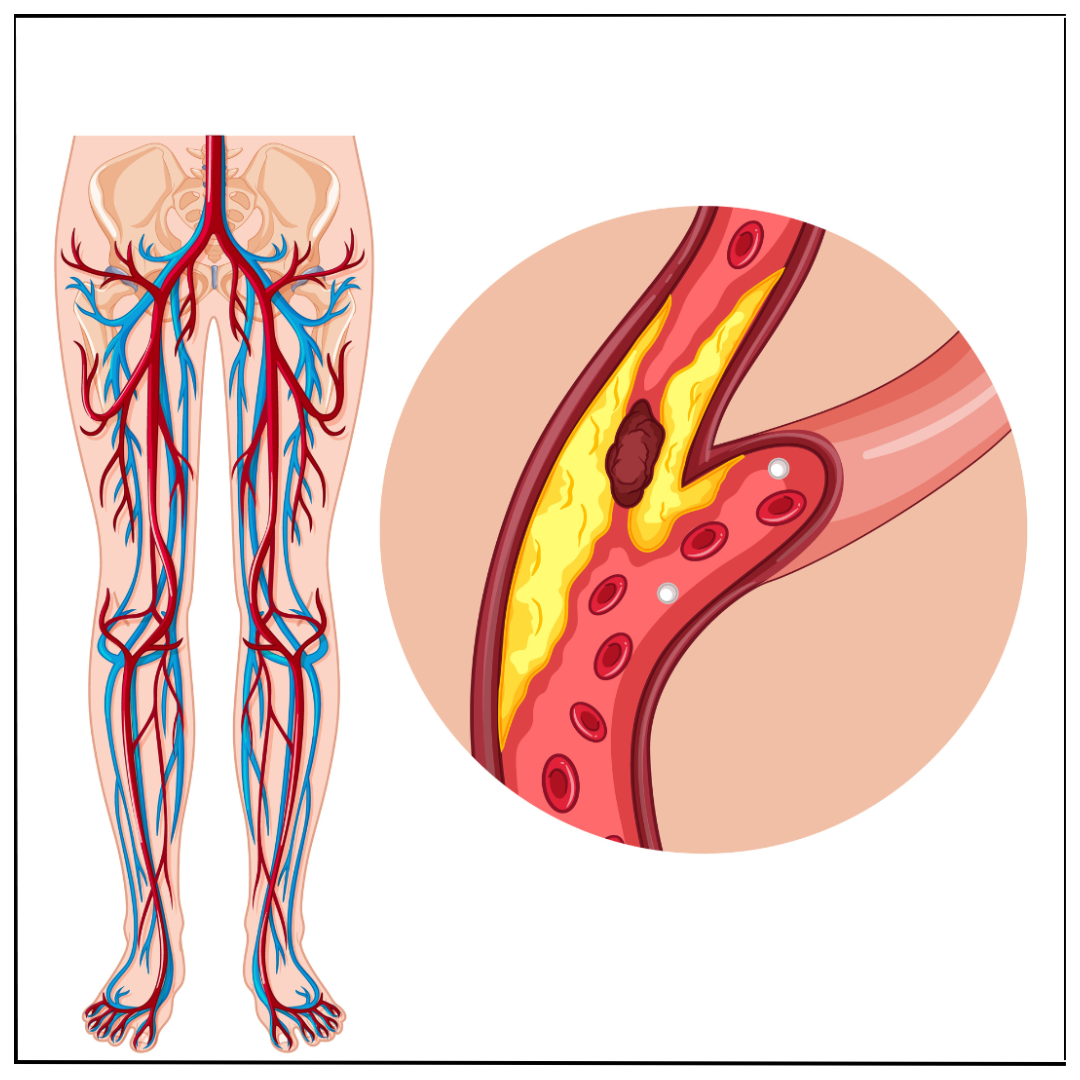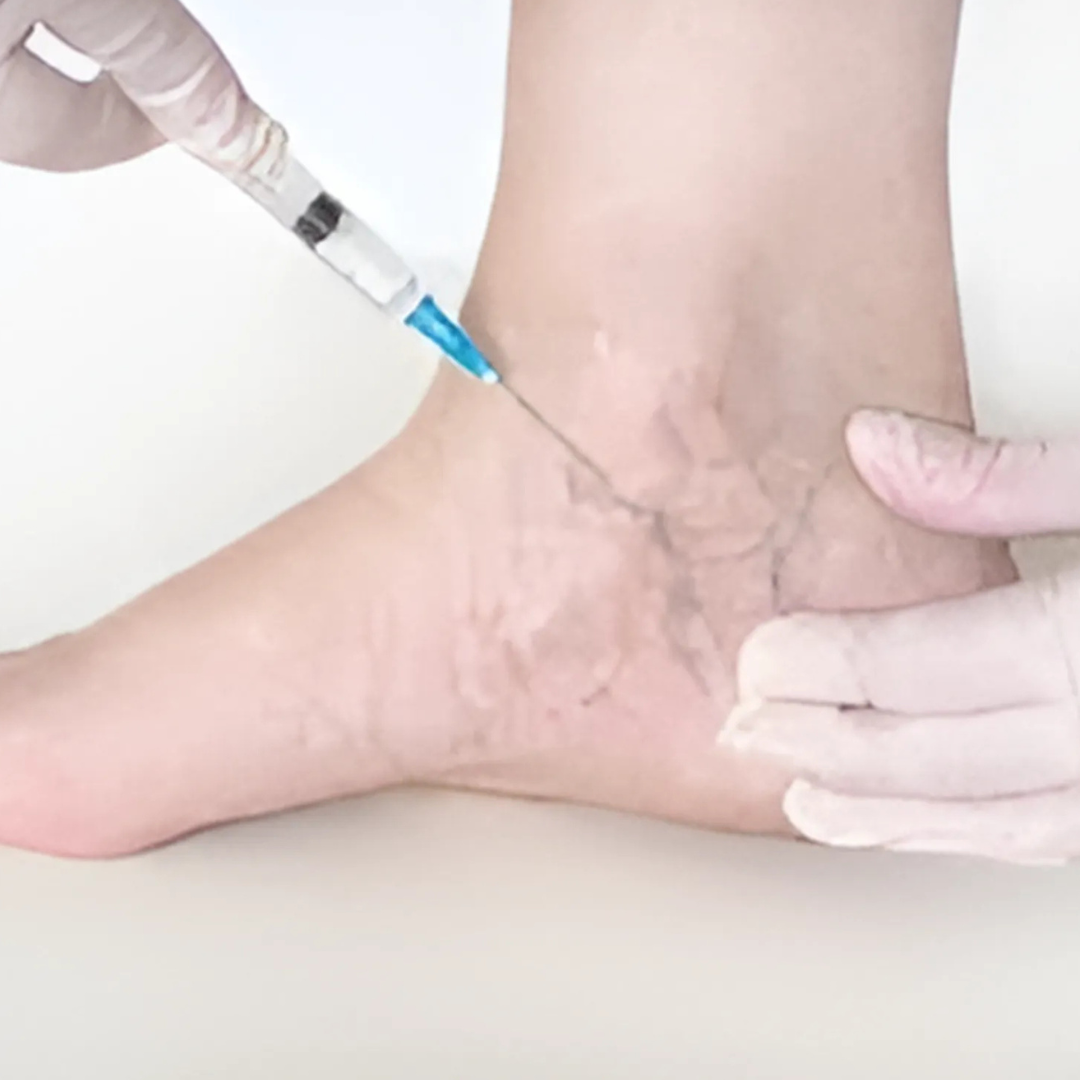When we think about blocked arteries the first thing that usually comes to mind is a heart attack. However blocked arteries don't always lead to sudden cardiac events In fact many people live with partially or significantly blocked arteries without experiencing a heart attack. This doesn't mean the condition is harmless — quite the opposite. These "silent" blockages can indicate serious vascular trouble that if left untreated can lead to long term health risks including stroke limb amputation or even sudden death.
This article explores the silent signs of blocked arteries, why early diagnosis matters and what you can do to protect your vascular health?
What Are Blocked Arteries?
Arteries are the blood vessels that carry oxygen rich blood from the heart to various parts of the body. When plaque — a mix of fat cholesterol and other substances — builds up inside these vessels it narrows or completely blocks the blood flow. This condition is known as atherosclerosis and it’s a major risk factor for heart attacks, strokes and peripheral artery disease (PAD).
But here’s the critical part: blocked arteries don’t always cause symptoms until the blockage becomes severe. That's why it’s important to understand the silent signs.
Blocked Arteries Without a Heart Attack? It’s Possible
Not all blocked arteries result in a heart attack. Many times, especially in the early stages the symptoms are so subtle that people dismiss them or confuse them with other conditions. This can lead to serious health consequences if not caught in time.
Here are some silent signs of vascular trouble that could indicate blocked arteries — even if you're not experiencing chest pain:-
Leg Pain While Walking (Claudication)
If you experience cramping pain or fatigue in your legs or hips while walking that goes away with rest you might have Peripheral Artery Disease (PAD) PAD occurs when arteries in the legs are narrowed reducing blood flow It's a clear warning sign of systemic atherosclerosis — meaning your arteries elsewhere may be affected too.
Numbness or Weakness in the Limbs
Reduced blood flow due to artery blockages can lead to feelings of numbness tingling or weakness particularly in the arms or legs. If one limb feels colder or appears pale compared to the other it's worth discussing with a vascular specialist.
Erectile Dysfunction in Men
This is often an overlooked symptom Erectile dysfunction (ED) can sometimes be caused by narrowed arteries particularly when it's an early and isolated symptom. Since penile arteries are smaller, blockages often show up here before larger arteries like coronary or carotid arteries.
Slow Healing Wounds on Feet or Toes
If cuts or sores on your feet take a long time to heal or if you develop ulcers or gangrene spontaneously this could be a sign of critical limb ischemia — a severe form of PAD where blood flow is so restricted that it impairs healing and tissue function.
Chronic Fatigue or Shortness of Breath
If your body isn’t getting enough oxygen rich blood due to blocked arteries you may feel unusually tired or winded even with mild activity. This isn’t just about aging or being out of shape — it can be an early symptom of vascular disease.
Carotid Artery Disease (No Symptoms Until Stroke)
Blockages in the carotid arteries which supply blood to the brain may have no symptoms until a transient ischemic attack (TIA) or full blown stroke occurs. Some subtle signs could include dizziness, blurred vision or sudden confusion — all reasons to seek medical evaluation promptly.
Why These Signs Shouldn’t Be Ignored
Vascular blockages can be progressive meaning they worsen over time if left untreated. The absence of a heart attack doesn’t mean you’re safe. Many people who suffer strokes or limb amputations had underlying arterial disease that could have been managed or reversed with timely intervention.
Ignoring silent signs can lead to:-
- Stroke or mini stroke (TIA)
- Limb loss
- Chronic pain and disability
- Reduced quality of life
- Increased risk of heart attack in the future
How Vascular Surgeon Diagnose Blocked Arteries
If you suspect vascular trouble, a consultation with a vascular and endovascular specialist is essential. Diagnostic tools commonly used include:-
- Ankle Brachial Index (ABI) → Compares blood pressure in the ankle and arm to detect PAD
- Doppler Ultrasound → Visualizes blood flow in arteries
- CT Angiography or MR Angiography → Provides detailed images of arterial blockages
- Carotid Ultrasound → Evaluates blood flow in neck arteries
These tests are non-invasive and can help detect issues early — even before severe symptoms or events occur. However let your vascular surgeon decide on the need and choice of investigation.
Prevention and Treatment Options
Preventing and treating blocked arteries focuses on improving blood flow and reducing plaque buildup. This can be achieved through:-
Lifestyle Modifications
- Quit smoking
- Eat a heart healthy diet (low in saturated fats and refined sugars)
- Exercise regularly
- Manage blood pressure and cholesterol
Medications
- Blood thinners
- Statins
- Medications to improve circulation or control blood pressure
Minimally Invasive Procedures
In cases where blockages are significant endovascular treatments like angioplasty stent placement or atherectomy may be recommended to restore blood flow without the need for open surgery. If required an open vascular surgery like bypass, endarterectomy or patch angioplasty can be done. Advanced diseases may require a combination of both called as hybrid procedure which combines the best of both open and endovascular procedures.
Why Early Detection Matters
Vascular diseases often develop silently. Early detection and treatment can:-
- Prevent strokes and heart attacks
- Reduce the risk of limb loss
- Improve overall life expectancy
- Maintain mobility and independence
Getting evaluated when symptoms are mild or vague is a critical step in protecting your long-term health.
Consult Dr Rahul Agarwal: Leading Vascular and Endovascular Specialist in Hyderabad
If you're experiencing any of the symptoms mentioned or have risk factors like diabetes hypertension high cholesterol or a family history of heart disease it’s time to consult a vascular expert.
Dr Rahul Agarwal a renowned Vascular and Endovascular Specialist in Hyderabad offers advanced diagnostic and treatment options for all types of vascular disorders With extensive training and experience in managing peripheral artery disease, carotid artery disease and venous conditions Dr Agarwal provides comprehensive personalized care to each patient.
At VascularHyd you’ll receive:-
- Expert consultation and accurate diagnosis
- State-of-the-art treatment techniques
- Compassionate care tailored to your condition
- Minimally invasive procedures for faster recovery
Don't wait for a major health event to occur. Taking action today can prevent serious complications tomorrow.
Book Your Consultation Today
Concerned about possible vascular issues? Schedule a consultation with Dr Rahul Agarwal to get a detailed vascular health assessment. Early detection saves lives — and limbs.





 What You Need to Know.jpg)


.png)
